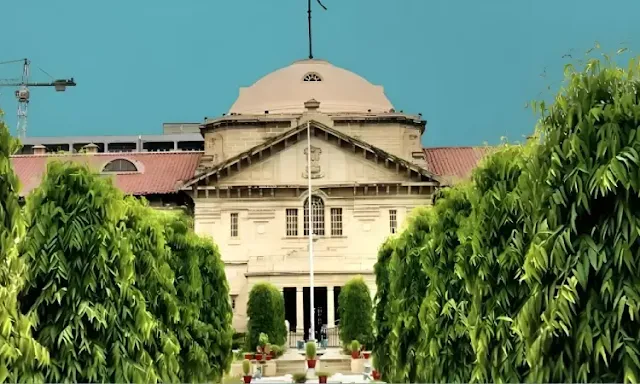In a significant ruling, the Allahabad High Court, under Justice Ashutosh Srivastava, has reiterated the foundational principles governing the cancellation of bail, emphasizing that such powers must be exercised with utmost caution and only under compelling circumstances. The Court highlighted the delicate balance between safeguarding individual liberty and ensuring the integrity of the judicial process.
The Court underscored that the provision for bail cancellation exists to ensure that justice is upheld and to prevent the accused, once released on bail, from tampering with evidence or influencing the investigation. It clarified that the cancellation of bail is distinct from the rejection of a bail application. While the latter pertains to denying bail to an accused, the former involves revoking the liberty already granted, thereby necessitating a higher threshold for intervention.
Justice Srivastava emphasized that the mechanism for bail cancellation is enshrined in law to ensure that justice is served by preventing the accused from interfering with the evidence. He noted that the cancellation of bail entails a review of a decision already made, which should be exercised sparingly and with due caution.
The Court referred to Section 439(2) of the Criminal Procedure Code (CrPC), which empowers the High Court to cancel bail if it is found that the accused has misused the liberty granted or if there are compelling reasons to believe that the bail was granted on erroneous grounds. The Court clarified that the cancellation of bail is not limited to supervening events occurring after the grant of bail. An order tainted by patent illegality or perversity, or one that fails to assign reasons, can be set aside under this provision. Similarly, if bail was granted based on irrelevant material or without considering relevant factors, it can be revoked.
The case in question involved an applicant who alleged that the accused induced him to invest ₹2 crores in a sand mining project, promising substantial profits. When the accused failed to share the promised profits, the applicant lodged a First Information Report (FIR) against him under Sections 420, 406, and 506 of the Indian Penal Code (IPC). Subsequently, it was alleged that the accused forged an agreement indicating a sale transaction of agricultural land worth ₹2.94 crores. This document was declared forged by the Forensic Science Laboratory (FSL), leading to the addition of Sections 467, 468, 471, and 120B IPC to the FIR. The applicant also claimed that the accused threatened him, prompting further legal action.
The Court observed that the bail granted to the accused was based on an order that lacked proper reasoning and failed to consider the gravity of the allegations. It noted that the accused had allegedly forged documents and threatened the complainant, actions that could potentially interfere with the judicial process. Given these circumstances, the Court found it appropriate to cancel the bail to prevent any miscarriage of justice.
This judgment serves as a reminder that while the right to personal liberty is paramount, it is not absolute. Courts must ensure that this liberty does not come at the cost of justice or the integrity of the legal process. The decision reinforces the principle that bail can be revoked if it is found to have been granted without due consideration of relevant factors or if the accused misuses the liberty granted.
In conclusion, the Allahabad High Court's ruling delineates the contours within which bail cancellation should operate. It emphasizes the necessity for courts to exercise this power judiciously, ensuring that the scales of justice remain balanced between individual rights and societal interests.










0 Comments
Thank you for your response. It will help us to improve in the future.